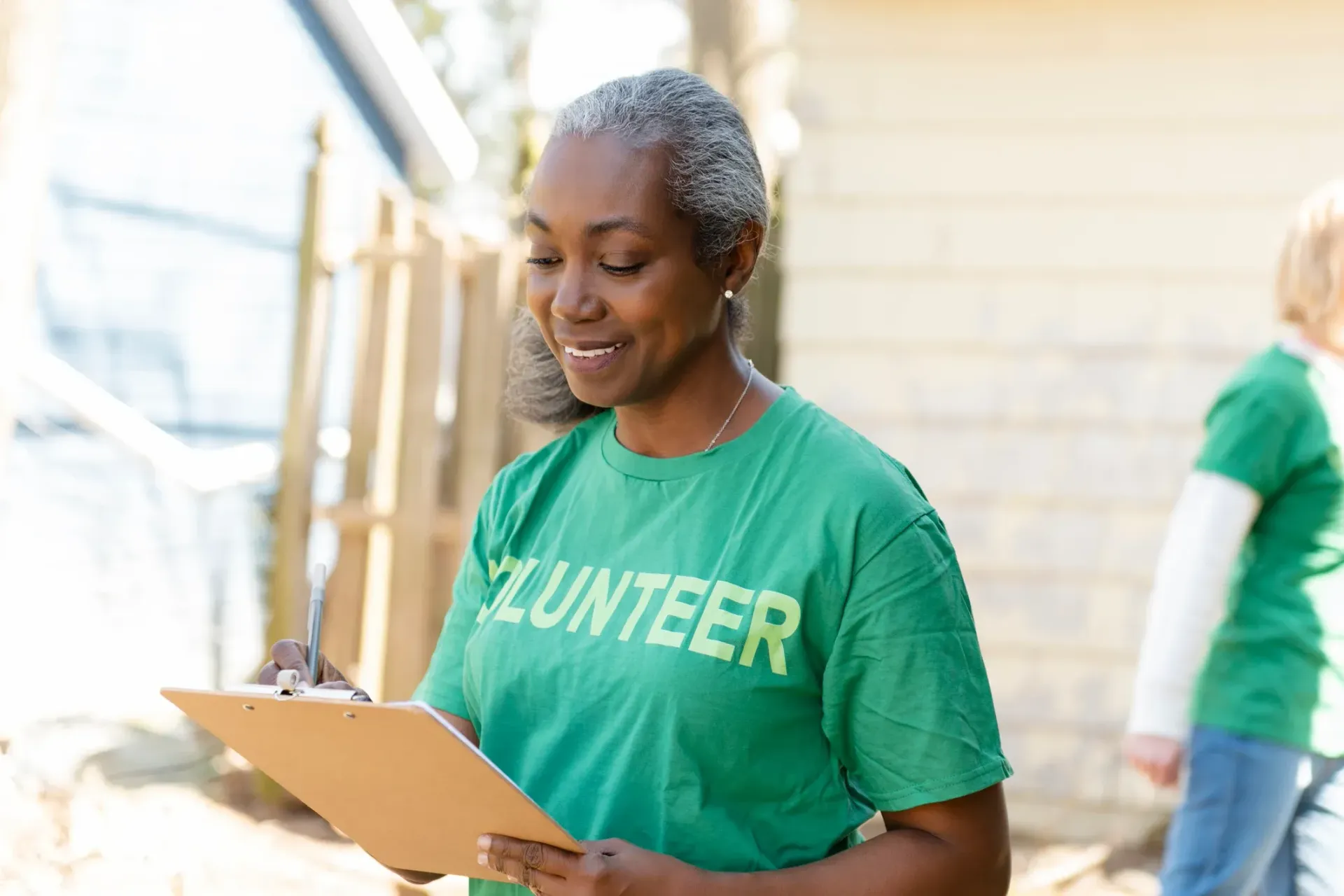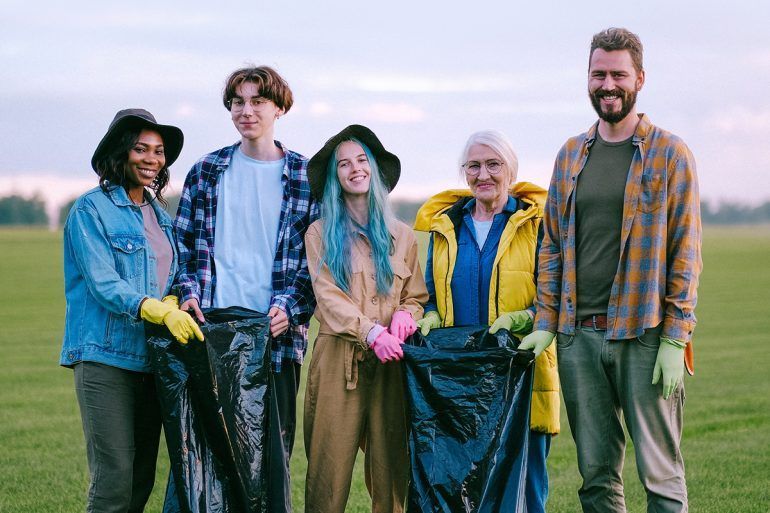What Qualifies as Community Service in Texas?
TLDR;
In Texas, community service refers to unpaid work performed at nonprofit, civic, or government organizations that benefits the public. To qualify, it must be authorized or accepted by a court, school, or approved agency and cannot involve personal or political gain.
Who Can Assign or Approve Community Service?
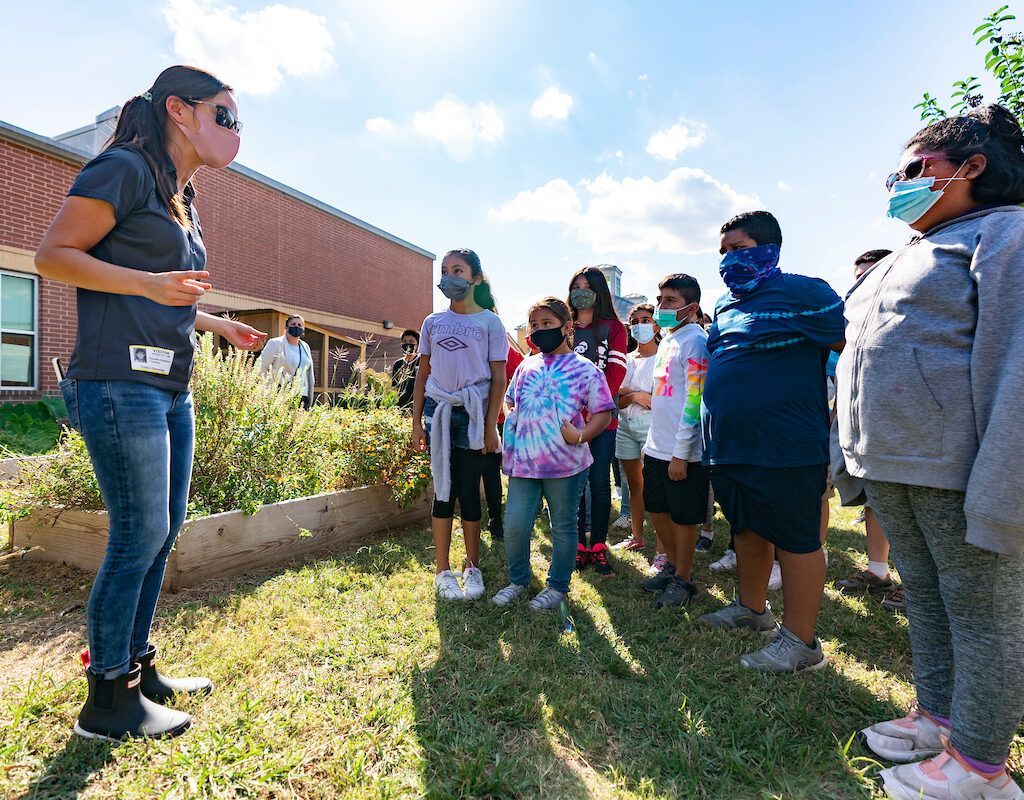
Understanding who validates your hours is critical:
- Courts: Judges and probation officers assign hours for criminal or civil cases
- Schools: High schools and colleges often require hours for graduation or scholarships
- Government agencies: Community restitution programs
- Nonprofit supervisors: Must be recognized by the court or institution
Make sure the service provider is state-approved and the service is well-documented.
Types of Community Service Recognized in Texas
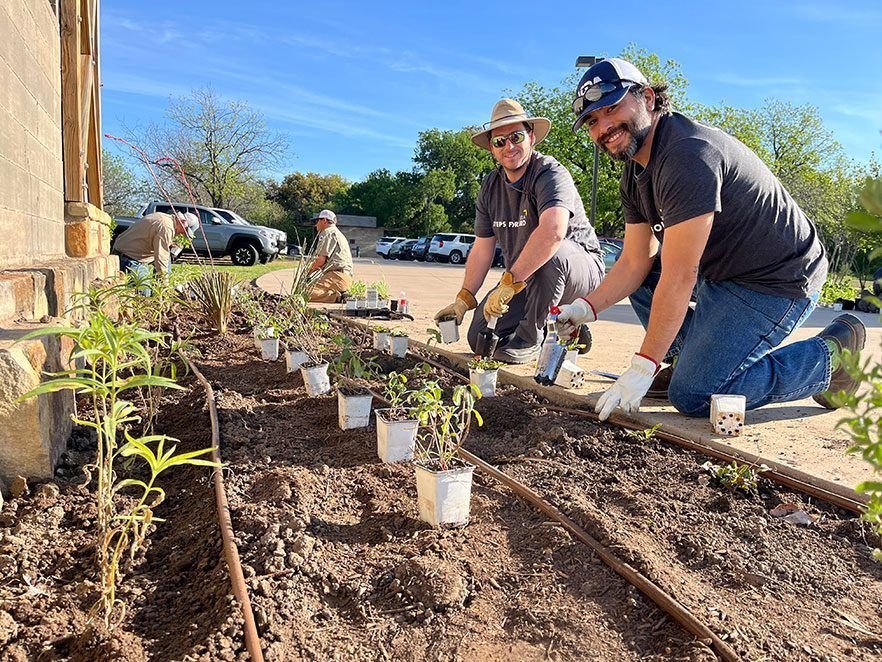
Court-Ordered Community Service
Assigned by:
- Judges
- Probation officers
Common locations for common community service include:
- Sheriff’s offices
- Parks and recreation departments
- Food banks
Voluntary or School-Based Community Service
Performed by:
- High school students for
graduation requirements
- College students for
scholarship eligibility
Accepted organizations:
- YMCA
- Local libraries
- Homeless shelters
Religious or Church-Based Service
Generally accepted only when:
- The service is
non-proselytizing
- The work benefits the general public (e.g., food drives, community cleanups)
Some courts may require additional documentation for verification.
What Counts (and Doesn’t Count) as Community Service?
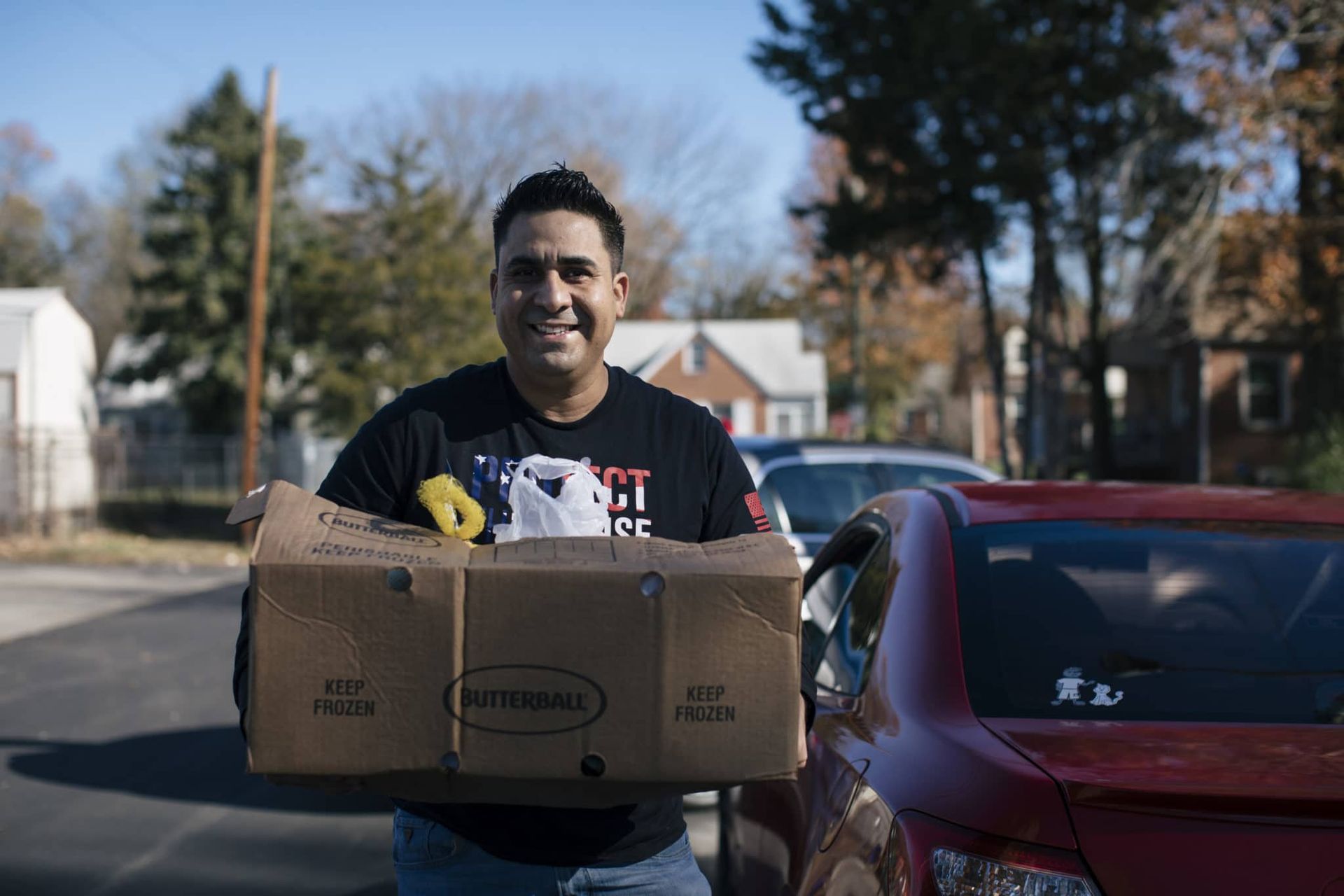
Qualifying Activities
These examples are typically approved:
- Tutoring or literacy programs
- Environmental cleanups
- Food pantry operations
- Assisting elderly or disabled neighbors
Disqualified or Unapproved Activities
Avoid these if you want your hours counted:
- Family chores
- Paid labor
- Political campaigning (exceptions may apply for civic engagement programs)
- Religious proselytizing
- Self-initiated projects without supervisor oversight
Documentation and Reporting Requirements
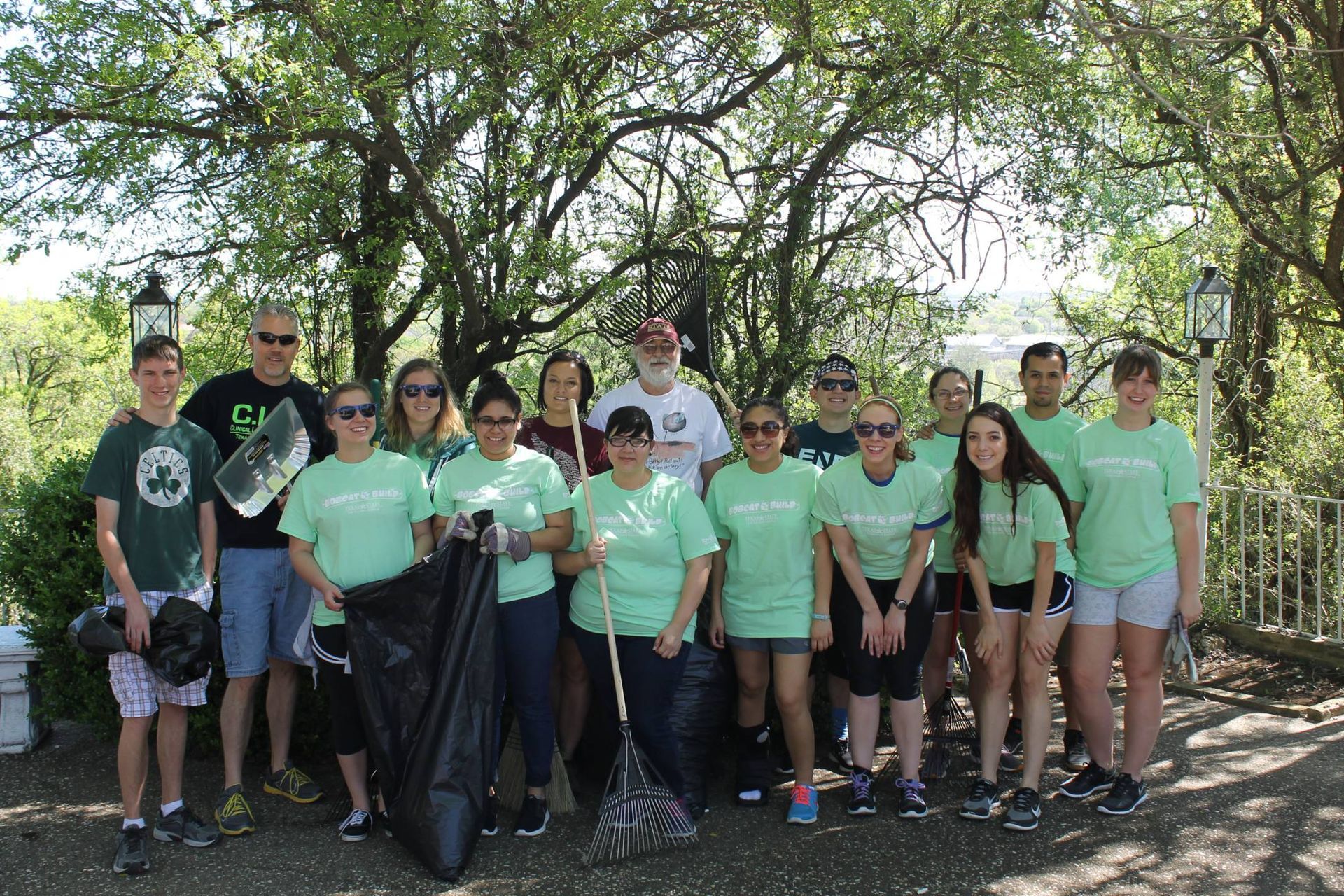
Who Signs Off on Hours?
Acceptable supervisors include:
- Nonprofit directors
- School administrators
- Government program managers
You must use:
- Court-issued forms
- Official log sheets
- Digital or paper timesheets with supervisor signature
What Happens if You Don’t Complete Your Hours?
- Court-mandated: Probation violation, fines, or possible incarceration
- School-required: Scholarship loss or graduation delays
- Voluntary: May affect your eligibility for certain programs or community recognition
Always complete your hours
on time and submit documentation
promptly.
Where to Find Community Service Opportunities in Texas

Statewide Volunteer Resources
Use platforms such as:
- VolunteerMatch.org (filter for Texas-based programs)
- Texas Health and Human Services Volunteer Portal
These connect volunteers with:
- State-approved nonprofits
- Healthcare events
- Environmental cleanups
City-Specific Examples
- Dallas: North Texas Food Bank, court-approved shelters
- Austin: Capital Area Food Bank, public libraries
- Houston: Local parks department, youth centers
Disqualified Service Hours in Texas

Some common misunderstandings include:
- Working at a
for-profit business
- Volunteering without a
recorded supervisor
- Religious service that involves
spreading doctrine
- Helping a family member or neighbor without a formal program
If you’re unsure, always
ask the assigning agency first.
Frequently Asked Questions (FAQ)
Can I do community service at a church?
Yes, but only if:
The service is non-religious (e.g., soup kitchens, donation drives)
You receive verification from a recognized leader
Can I volunteer at my child’s school?
Often yes, but:
Must be an approved event or activity
Needs written confirmation from a school official
Are online or virtual volunteer hours accepted in Texas?
Sometimes:
Must be pre-approved
Generally not allowed for court-mandated hours
What paperwork do I need to submit to the court?
Signed time logs
Supervisor contact info
Service description
Court verification form (ask your probation officer or judge)
Know Your Rights and Responsibilities as a Volunteer
When completing community service in Texas:
- Confirm the organization is
approved
- Keep detailed
records
- Ask questions if you're
uncertain about qualifications
- Know that some courts or agencies have specific lists of approved programs
Support CleanUP SCAN ME






